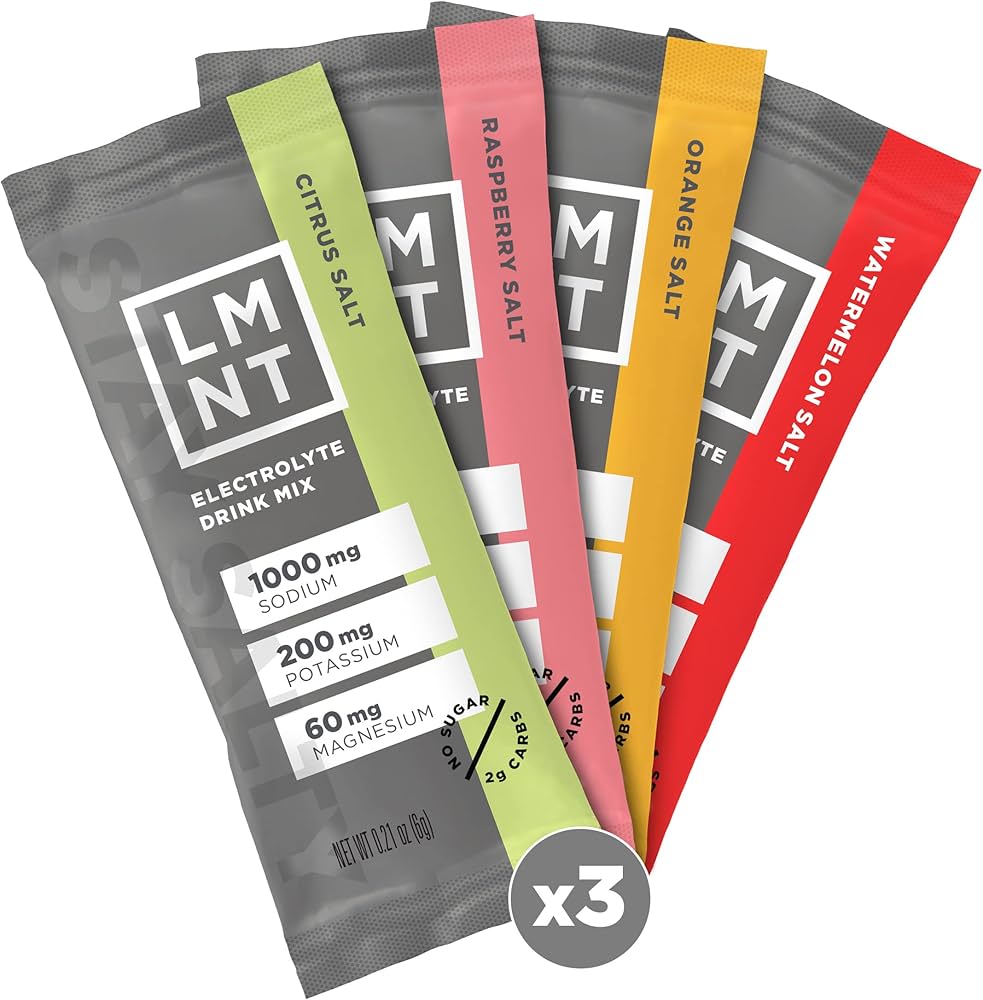

Most folks tend to think about electrolytes in pretty narrow terms — hydration during workouts, avoiding cramps, supporting performance. And those are all legitimate benefits. But your immune system is fundamentally dependent on proper electrolyte balance to do its job, too.
With cold and flu season ramping up and Thanksgiving just a few weeks out, I wanted to share what the research actually shows about sodium, potassium, magnesium, and immune health:
Your immune system is like your body’s personal security force — constantly working to fight off sickness, remove damaged cells, and keep you healthy enough to tackle whatever’s on the whiteboard that day. But since your immune system is built from the same systems that drive your performance — muscles, blood flow, hormones, and energy — its strength depends on your overall health. That’s where electrolytes come in.
At Babylon CrossFit, we push our bodies hard — we sweat, breathe heavy, and challenge ourselves daily. Electrolytes like sodium, potassium, and magnesium aren’t just about hydration; they’re critical for muscle contraction, nerve signaling, and recovery. But even more than that, these charged minerals help your immune system function properly — preparing your body to fight off infection when needed and reducing unnecessary inflammation that can slow recovery and performance. Simply put: electrolyte balance = immune balance = better training and recovery.
Sodium plays a big role in how your body regulates fluids, blood pressure, and nerve function. When you sweat during a WOD, you’re not just losing water — you’re losing sodium. Replenishing it helps prevent fatigue, cramping, and dizziness, and it supports immune function by helping your white blood cells respond efficiently.
Too much sodium (mostly from processed foods) can drive inflammation, but the right amount — especially for athletes training at high intensity — keeps you performing strong. Most CrossFit athletes actually need more sodium than the average person, especially during long or sweaty sessions. Hydration mixes or electrolyte tabs before or after class can make a noticeable difference in energy and recovery.
Potassium is the “calming” electrolyte. It helps balance sodium levels, regulate muscle contractions, and reduce inflammation. If your diet is low in potassium — think too little fruit, veggies, and whole foods — your muscles may fatigue faster and your immune system can become more prone to stress and infection.
At Babylon CrossFit, where recovery is just as important as training, maintaining good potassium levels supports smoother muscle function, faster recovery between workouts, and steadier energy throughout the day. Foods like bananas, avocados, potatoes, and leafy greens are simple, effective ways to support this — or you can use balanced hydration supplements that include potassium.
Magnesium might be the most underrated nutrient for CrossFitters. It helps muscles relax, supports sleep, and plays a huge role in immune strength. Intense training depletes magnesium — through muscle contraction, energy metabolism, and sweat — which can lead to cramps, tightness, or even slower recovery. But magnesium also controls inflammation and helps your immune system destroy damaged or infected cells efficiently.
Getting enough magnesium (through foods like nuts, seeds, greens, or supplements) helps you recover faster, sleep better, and train harder without breaking down. It’s a quiet powerhouse for both performance and long-term health.
Whether you’re hitting a long metcon, grinding through a heavy strength cycle, or recovering from a tough week, your electrolyte balance plays a major role in your performance, recovery, and immune health. At Babylon CrossFit, we want our athletes to thrive — not just survive their workouts. Staying on top of hydration and electrolyte intake helps you perform better, avoid fatigue and cramping, and stay healthy enough to keep showing up consistently.
Aim for a balance of sodium (4–6g/day), potassium (3.5–5g/day), and magnesium (400–600mg/day) through whole foods, hydration drinks, or supplements. Combine that with quality sleep, a solid nutrition plan, and consistent training, and your immune system will be as strong and resilient as your deadlift.
Because at Babylon CrossFit, it’s not just about building muscle — it’s about building a body that can perform, recover, and stay healthy for the long haul.
A briefer summary of each electrolyte:
Pick up your LMNT in retail today and beat cold & flu season at BC!